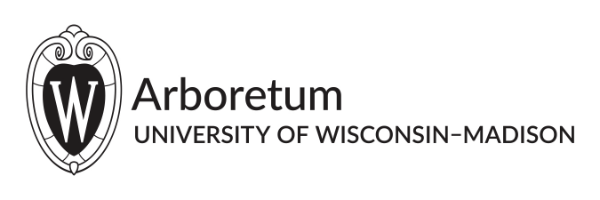| Please
Report Your Sightings! |
| Today's Report Includes:
|
Image:
MonarchHealth |
 Monarchs (animation/map/sightings) |
 Milkweed (animation/map/sightings) |
|
|
Now
Entering Nova Scotia!
Two New States
What Will Happen Next?
|
How
Far from Mexico? |
|
Project MonarchHealth is a citizen-science survey of the occurrence of the protozoan parasite Ophryocystis elektroscirrha (OE), which parasitizes monarch butterflies. This parasite is not harmful to humans; however, it can harm the butterflies by inhibiting normal growth and lowering their survival in the wild. MonarchHealth participants help scientists map the location and infection levels of OE in monarchs and determine how much disease the parasites cause. Volunteers Are Needed:
|
You can participate in Project MonarchHealth
|
| Over 60,000 children sent symbolic monarchs to Mexico. So far, 17,500 butterflies have been reported to the map. This means nearly 42,500 children are still waiting to find their butterflies! Teachers: Please help by reporting the butterflies you received. Thank you!
|
| Please take a few minutes to complete our Year-end Evaluation. With your help, we can we document Journey North's reach, impact and value. We need comments like yours to keep the program going and growing. Thank you! >> |
- Volunteers Needed: Project MonarchHealth
- Image of the Week: Can You Identify OE?
- Image of the Week: The Monarch and OE Life Cycles
- Journal Page: Adaptations that Help Monarchs Survive
- Ongoing Lesson: Predicting the Route of the Spring Migration
- Journal:
The Monarch Butterfly's
Spring Migration
- New Journal Page: Where Are the Monarchs Now?
- Orientation: About Journey North's Spring Monarch Migration Study
- Overview: About Journey North's Monarch Butterfly Overwintering Study
The Next Monarch Migration Update Will Be Posted on June 11, 2009.









